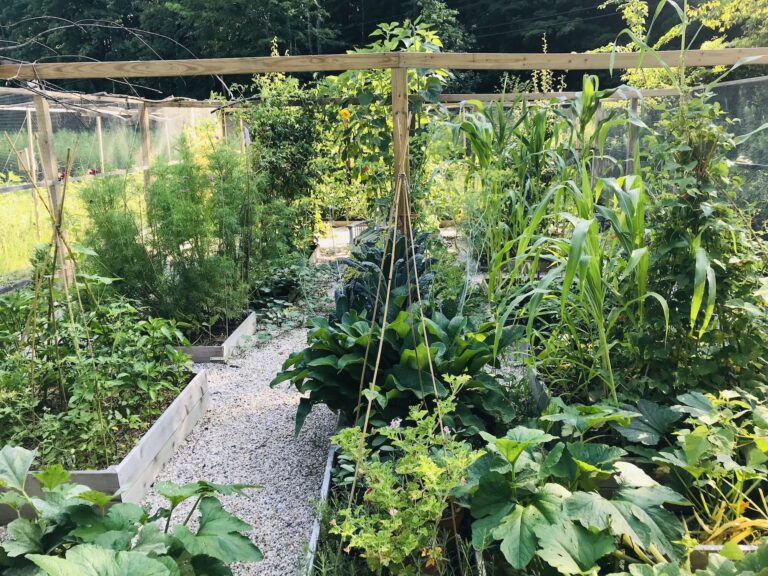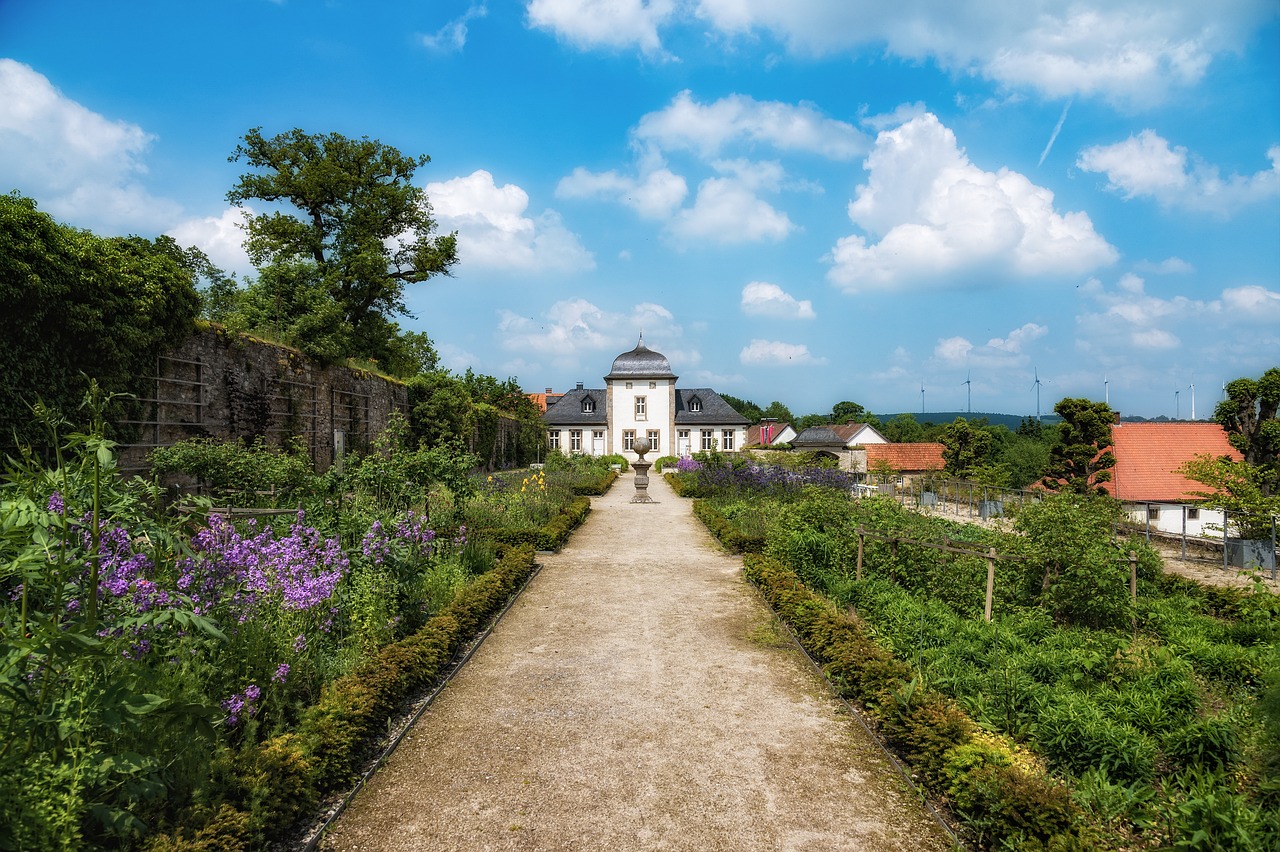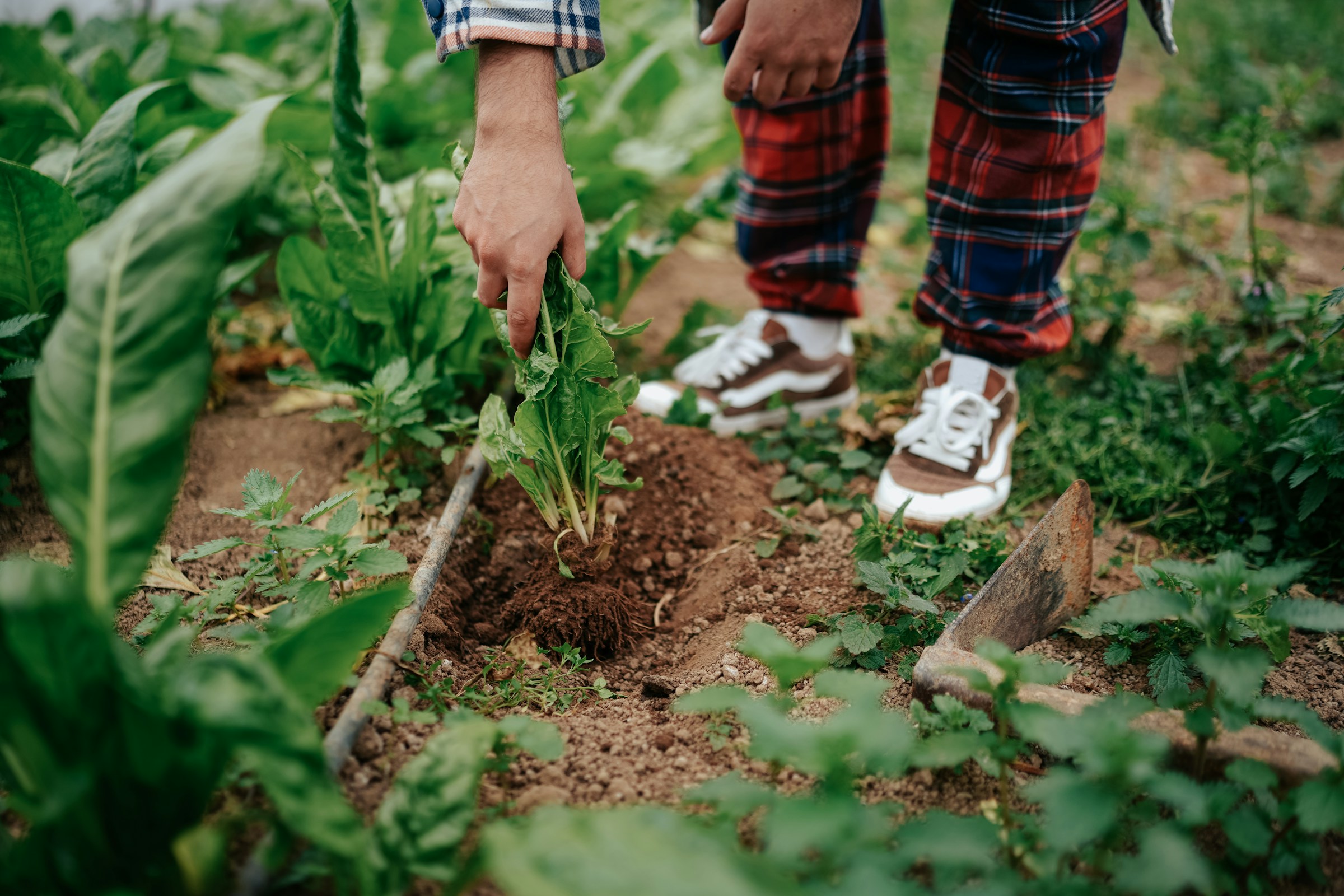1. Embrace Composting
Composting is a cornerstone of sustainable gardening. Instead of sending organic waste to landfills where it produces harmful greenhouse gases, turn it into nutrient-rich compost for your garden. Start by collecting kitchen scraps like fruit and vegetable peels, coffee grounds, and eggshells. Combine these with yard waste such as grass clippings, leaves, and pruning debris. With time and the right conditions, you’ll transform this organic material into compost that enriches your soil and reduces the need for synthetic fertilizers.
2. Practice Smart Water Management
Conserving water is crucial for sustainable gardening, especially in regions prone to drought. Install a rainwater harvesting system to collect rainwater for irrigation. Use soaker hoses or drip irrigation to deliver water directly to the roots of your plants, minimizing evaporation and runoff. Mulch around your plants to retain soil moisture and reduce the frequency of watering. By using water efficiently, you’ll not only save resources but also promote healthier plant growth.
3. Choose Sustainable Materials
When designing your garden, opt for sustainable materials that minimize waste and environmental impact. Instead of plastic pots and containers, choose biodegradable options made from materials like bamboo, coconut coir, or recycled paper. Invest in high-quality garden tools and equipment that are built to last, reducing the need for frequent replacements. By making conscious choices about the materials you use, you can create a more eco-friendly garden space.
4. Practice Integrated Pest Management
Chemical pesticides not only harm beneficial insects and wildlife but also contribute to pollution and soil degradation. Instead of relying on harmful chemicals, implement integrated pest management (IPM) techniques to control pests naturally. Encourage natural predators like ladybugs and praying mantises to thrive in your garden. Companion planting, crop rotation, and physical barriers can also help prevent pest infestations without resorting to toxic pesticides.
5. Recycle and Upcycle
Give new life to old items by repurposing them in your garden. Transform old pallets into vertical planters, use empty containers as makeshift pots, and repurpose household items like mason jars and tin cans for seed starting or organizing small tools. Get creative with your recycling efforts and find innovative ways to reduce waste while adding character and charm to your garden.
6. Support Biodiversity
Diverse ecosystems are more resilient and better equipped to withstand environmental challenges. Plant a variety of native species in your garden to attract pollinators, beneficial insects, and birds. Avoid monoculture planting, which can deplete soil nutrients and increase the risk of pest outbreaks. By fostering biodiversity in your garden, you’ll create a balanced ecosystem that thrives without the need for excessive inputs.
7. Educate and Inspire Others
Share your passion for sustainable gardening with friends, family, and neighbors. Host workshops, garden tours, or community events to educate others about eco-friendly gardening practices. Lead by example and demonstrate how simple changes, like composting kitchen scraps or using rain barrels, can make a significant difference. By inspiring others to adopt sustainable habits, you’ll amplify the impact of your efforts and create a more environmentally conscious community.
Conclusion
Creating a sustainable garden is a rewarding journey that benefits both the environment and your own well-being. By implementing these seven eco-friendly tips, you can reduce waste, conserve resources, and promote biodiversity in your garden. Whether you’re a seasoned gardener or just starting out, embrace sustainable practices and discover the joy of nurturing a thriving ecosystem right in your backyard. Together, we can cultivate greener, healthier gardens and contribute to a more sustainable future for generations to come.





